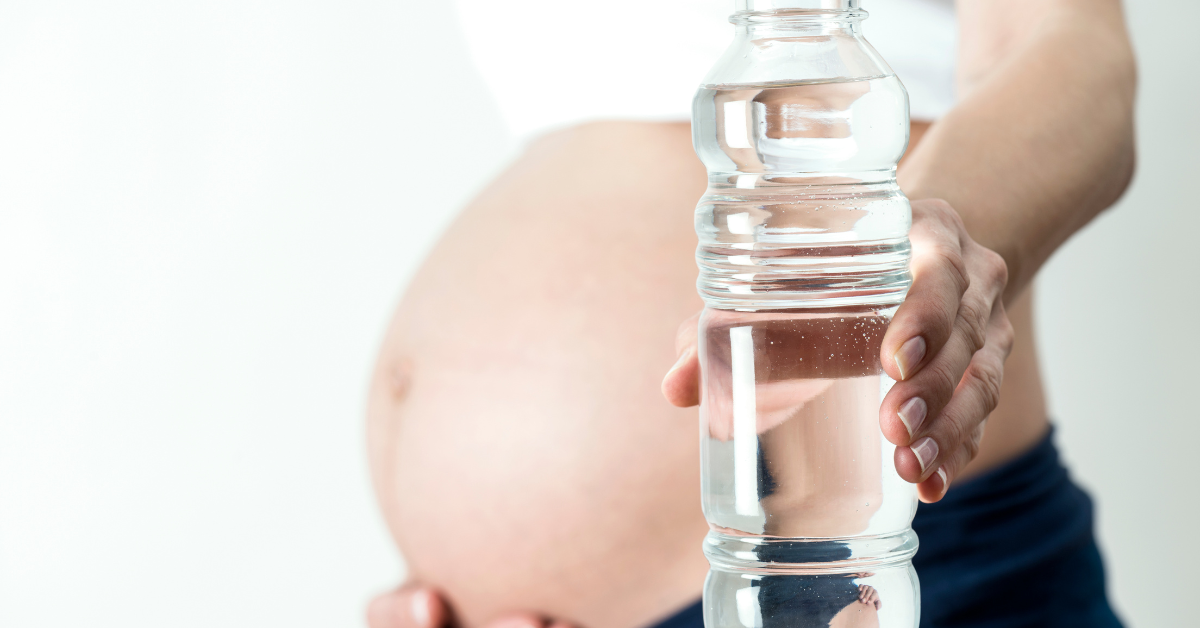Pregnancy comes with a wide array of physical and emotional changes. According to the American College of Obstetricians and Gynecologists, water breaking is one such experience that is experienced by nearly 10 percent of women before their labor starts.
When your water breaks, it refers to the rupturing of the amniotic sac, which is filled with the amniotic fluid needed to protect your baby. Medically, this condition is called rupture of membranes (ROM). While it usually occurs when labor starts, some women might experience it even before labor begins.
Read this comprehensive article to learn about the signs that indicate water breaking during pregnancy.
6 Signs That Tell Your Water Broke During Pregnancy
Here are a few key signs that can help you figure out if your water has broken.
Gush of Fluid
This is one of the most significant signs of water breaking. When you notice a sudden gush of fluid from the vagina that is uncontrollable or it feels like a large volume of fluid has been released, immediately call your healthcare provider.
Constant Leak
Some women might experience a consistent trickle of fluid instead of an uncontrollable gush. It may feel like you’re constantly leaking urine, which worsens with body movements like standing.
Clear or Tinted Liquid
Amniotic fluid is usually clear or slightly yellowish in color. Moreover, it generally has a sweet odor as opposed to urine, which has a strong, pungent odor. If you notice such characteristics, your water has probably broken.
Contractions
It is common to experience contractions varying in intensity and frequency once your water breaks.
Increased Wetness
If you notice persistent dampness in your underwear or pants, it is a possible sign of amniotic fluid leakage.
Change in Baby’s Movements
Some women might also notice a change in their baby’s movements after their water breaks. This typically happens due to a change in the womb’s environment.
Complications
There are several complications associated with water breaking. Here are some.
Infection
Rupturing of the amniotic sac results in compromising the protective layer as well. This increases the chances of getting infections like chorioamnionitis. Moreover, these infections can pose serious health risks to newborns, including pneumonia, sepsis, and meningitis.
Umbilical Cord Prolapse
While this is rare, it occurs when the umbilical cord slips into the vagina ahead of the developing baby before delivery. If not managed quickly, this condition leads to cutting off oxygen supply to the baby and, thus, brain damage or stillbirth.
Placental Abruption
In some cases, the placenta detaches itself from the uterus wall before delivery once the water breaks. This condition poses severe complications, including excessive bleeding in the mother and a lack of access to oxygen and nutrients for the baby.
Oligohydramnios
It occurs when there is an insufficiency of amniotic fluid after the rupture of membranes. Oligohydramnios may result in concerns with fetal development, particularly the development of the lungs, and labor complications.
Preterm Premature Rupture of Membranes
PPROM occurs in about 3 percent of pregnancies and happens when water breaks before 37 weeks of gestation. This condition increases the risk of preterm labor, respiratory distress syndrome, and infections.
Diagnosis
If you notice any of the above indications or suspect your water has broken, it is recommended to seek immediate medical attention. This is because rupture of membranes leads to a higher risk of infection. To diagnose, the doctor may use a pelvic exam to confirm fluid leakage. Alternatively, a nitrazine test or ferning test could also be used to examine the presence of amniotic fluid.
Takeaway
From a surprising gush to a constant leak, the signs of water breaking may vary. However, understanding the signs can help you take the right actions and get immediate medical attention to ensure both you and your baby’s safety. Read out to your doctor if you notice any such signs or suspect water is breaking.








